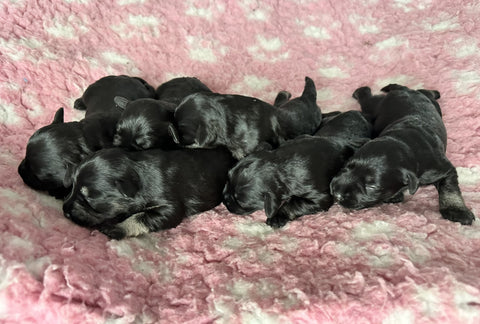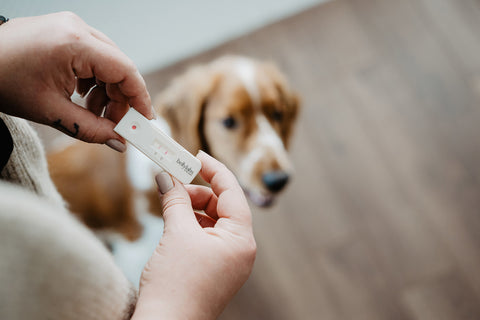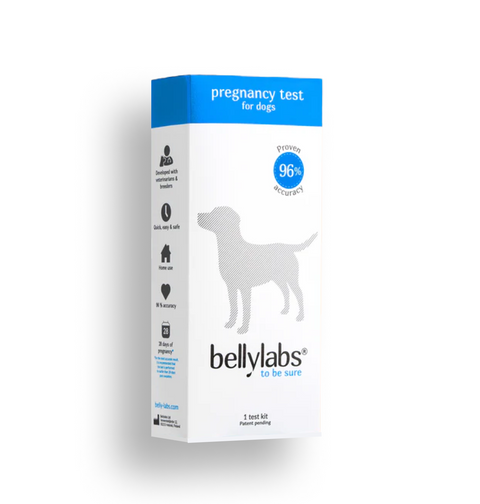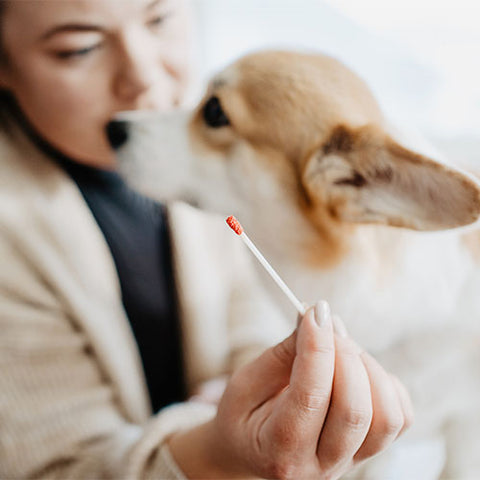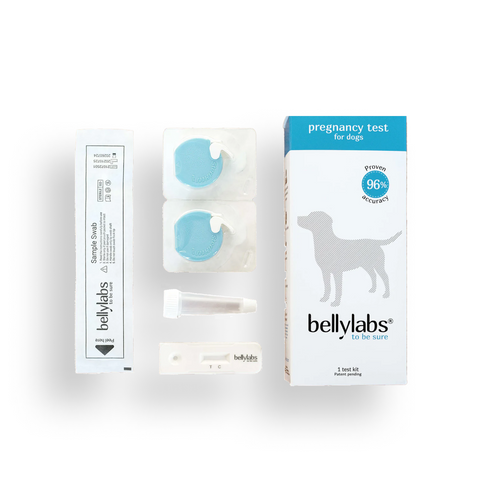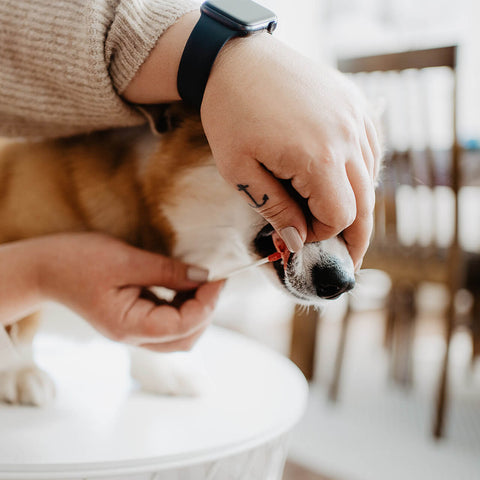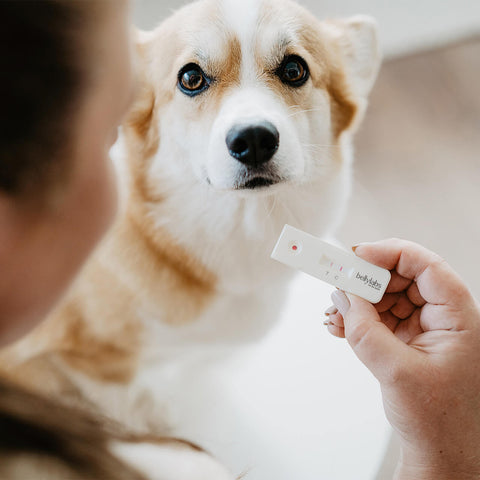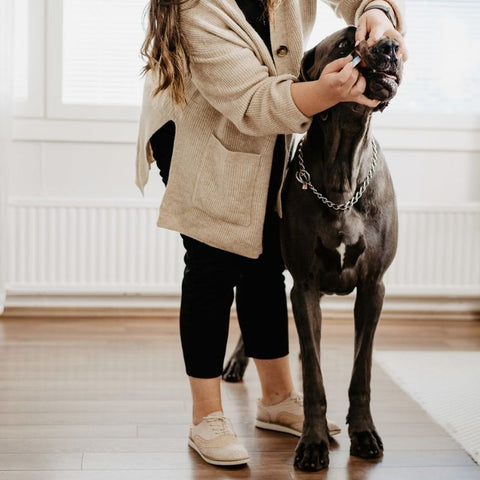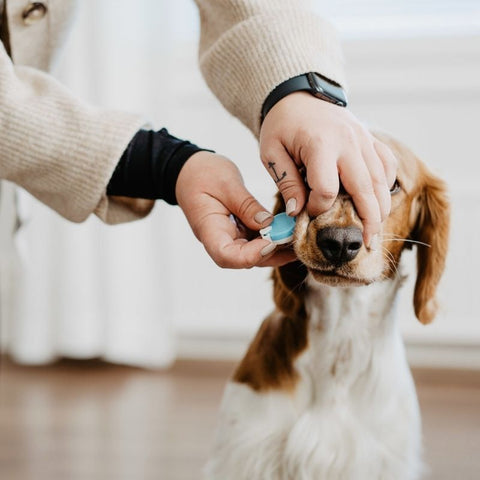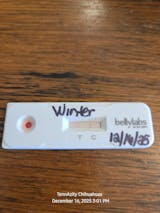This article explores the factors that influence the development of the gut microbiota in puppies from birth to weaning. While it's commonly believed that bacterial colonization starts at birth, recent studies suggest that puppies may already harbor bacteria before birth, potentially influenced by their mother's microbiota. Factors such as the type of birth, maternal microbiota, and diet of the mother play crucial roles in shaping the gut microbiota of newborn puppies, which can affect their survival and health.
Research indicates that both vaginal and cesarean deliveries can result in similar maternal bacteria being passed to the puppies. This early colonization of the gut microbiome may impact disease occurrence later in life. As puppies transition from milk to solid food, their gut microbiota becomes more similar to that of adult dogs. Diet also plays a significant role, affecting microbial composition and activity through the production of important compounds like short-chain fatty acids and vitamins.
The article suggests that further investigation is needed to fully understand the long-term effects of gut microbiome colonization on puppy health. Longitudinal studies with larger sample sizes are necessary to establish a causal link between microbiome composition in puppies and adult dog diseases. Additionally, collaborative efforts among researchers are essential to overcome limitations posed by small study populations.
In conclusion, the colonization of gut microbiomes in puppies is influenced by various factors, and understanding these dynamics could have important implications for puppy health and well-being. Further research is needed to unravel the complexities of this process and its implications for canine health.
Authors: Fatemeh Balouei, Bruno Stefanon, Sandy Sgorlon, and Misa Sandri


